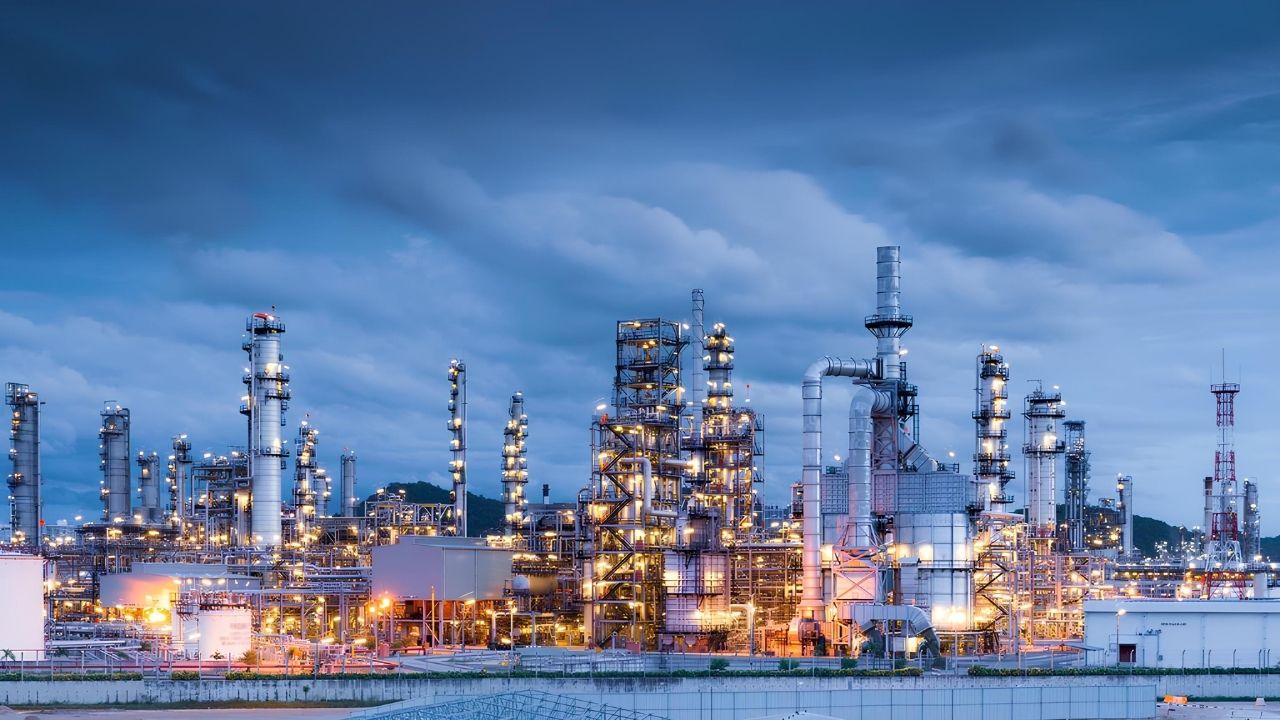
Industrialization transformed societies, reshaping economies, cultures, and daily life. But what exactly is industrialization? Industrialization is the process where societies shift from agrarian economies to ones dominated by industry and machine manufacturing. This change began in the late 18th century, starting in Britain, and spread globally. It brought about significant technological advancements, urbanization, and changes in labor systems. Factories replaced small workshops, steam engines powered new machines, and railways connected distant places. While it led to economic growth and improved living standards for many, it also introduced challenges like pollution, worker exploitation, and social upheaval. Understanding industrialization helps us grasp how modern society evolved and its ongoing impact on our world today. Ready to dive into 35 intriguing facts about this pivotal era? Let's get started!
The Birth of Industrialization
Industrialization transformed societies from agrarian economies to industrial powerhouses. This shift began in the late 18th century and continues to shape our world today.
- The Industrial Revolution started in Britain around 1760. It marked a shift from hand production to machines.
- James Watt's steam engine, invented in 1775, powered factories and revolutionized transportation.
- Textile manufacturing was the first industry to be transformed by industrialization.
- The Spinning Jenny, invented by James Hargreaves in 1764, allowed one worker to spin multiple spools of thread simultaneously.
- The power loom, invented by Edmund Cartwright in 1785, mechanized weaving, increasing production speed.
Technological Advancements
Technological innovations were at the heart of industrialization, driving efficiency and productivity.
- The cotton gin, invented by Eli Whitney in 1793, revolutionized cotton processing by quickly separating seeds from fibers.
- The telegraph, developed by Samuel Morse in 1837, enabled instant long-distance communication.
- The Bessemer process, introduced in 1856, allowed for mass production of steel, which was stronger and more flexible than iron.
- Railroads expanded rapidly during the 19th century, connecting cities and facilitating trade.
- The internal combustion engine, developed in the late 19th century, paved the way for automobiles and airplanes.
Social and Economic Impacts
Industrialization brought significant changes to society and the economy, both positive and negative.
- Urbanization increased as people moved to cities for factory jobs.
- Child labor became widespread, with children working long hours in dangerous conditions.
- Labor unions formed to fight for workers' rights, leading to improved working conditions and wages.
- The middle class expanded, as industrialization created new job opportunities and wealth.
- Income inequality grew, with factory owners amassing great wealth while workers often lived in poverty.
Environmental Consequences
The rapid industrial growth came with environmental costs that are still felt today.
- Air pollution increased due to the burning of coal in factories and homes.
- Water pollution became a problem as industrial waste was dumped into rivers and streams.
- Deforestation occurred to clear land for factories and mining operations.
- The Great Smog of London in 1952, caused by industrial pollution, led to thousands of deaths.
- Industrialization contributed to climate change by increasing greenhouse gas emissions.
Global Spread of Industrialization
While it began in Britain, industrialization soon spread to other parts of the world.
- The United States experienced rapid industrial growth in the 19th century, becoming a global economic power.
- Germany industrialized quickly after unification in 1871, becoming a leader in chemicals and machinery.
- Japan's Meiji Restoration in 1868 led to rapid industrialization and modernization.
- Russia began industrializing in the late 19th century, focusing on heavy industries like steel and coal.
- China has become a major industrial power in recent decades, with rapid economic growth and urbanization.
Innovations in Transportation
Transportation advancements played a crucial role in industrialization, enabling the movement of goods and people.
- The first successful steam locomotive, George Stephenson's Rocket, debuted in 1829.
- The Erie Canal, completed in 1825, connected the Great Lakes to the Atlantic Ocean, boosting trade.
- The Transcontinental Railroad, completed in 1869, linked the eastern and western United States.
- The Suez Canal, opened in 1869, shortened the sea route between Europe and Asia.
- The Panama Canal, completed in 1914, connected the Atlantic and Pacific Oceans, revolutionizing global trade.
Industrialization and Innovation
Industrialization spurred countless innovations that continue to impact our lives.
- Thomas Edison’s invention of the electric light bulb in 1879 revolutionized indoor lighting.
- Alexander Graham Bell's telephone, patented in 1876, transformed communication.
- The assembly line, popularized by Henry Ford in the early 20th century, revolutionized manufacturing.
- The first practical typewriter, invented by Christopher Latham Sholes in 1868, changed office work.
- The invention of the airplane by the Wright brothers in 1903 opened the skies to human travel.
Industrialization's Lasting Impact
Industrialization reshaped societies, economies, and daily life. It sparked rapid urbanization, leading to bustling cities and new job opportunities. Innovations like the steam engine and assembly line revolutionized production, making goods cheaper and more accessible. However, it wasn't all progress. Working conditions in factories were often harsh, with long hours and low pay. Child labor was rampant, and environmental pollution became a significant issue.
Despite these challenges, industrialization laid the groundwork for modern technology and infrastructure. It spurred advancements in transportation, communication, and healthcare. The era also saw the rise of labor unions, which fought for workers' rights and better conditions.
Understanding industrialization helps us appreciate the conveniences of modern life and recognize the importance of sustainable practices. It’s a reminder that progress comes with responsibility, urging us to balance innovation with ethical considerations.
Was this page helpful?
Our commitment to delivering trustworthy and engaging content is at the heart of what we do. Each fact on our site is contributed by real users like you, bringing a wealth of diverse insights and information. To ensure the highest standards of accuracy and reliability, our dedicated editors meticulously review each submission. This process guarantees that the facts we share are not only fascinating but also credible. Trust in our commitment to quality and authenticity as you explore and learn with us.
